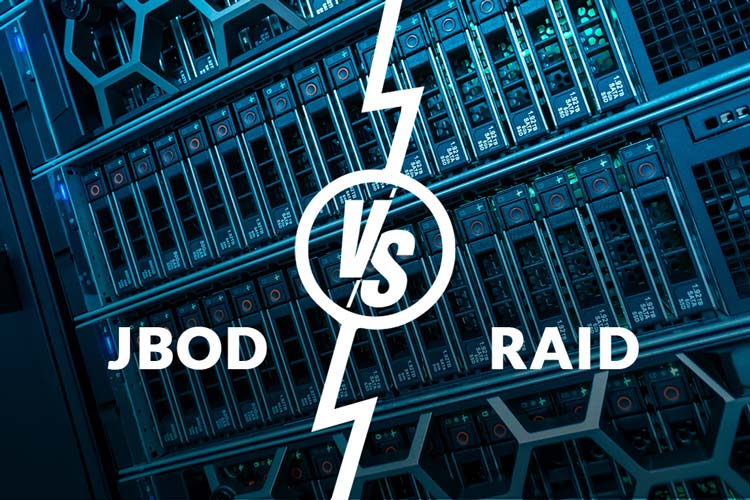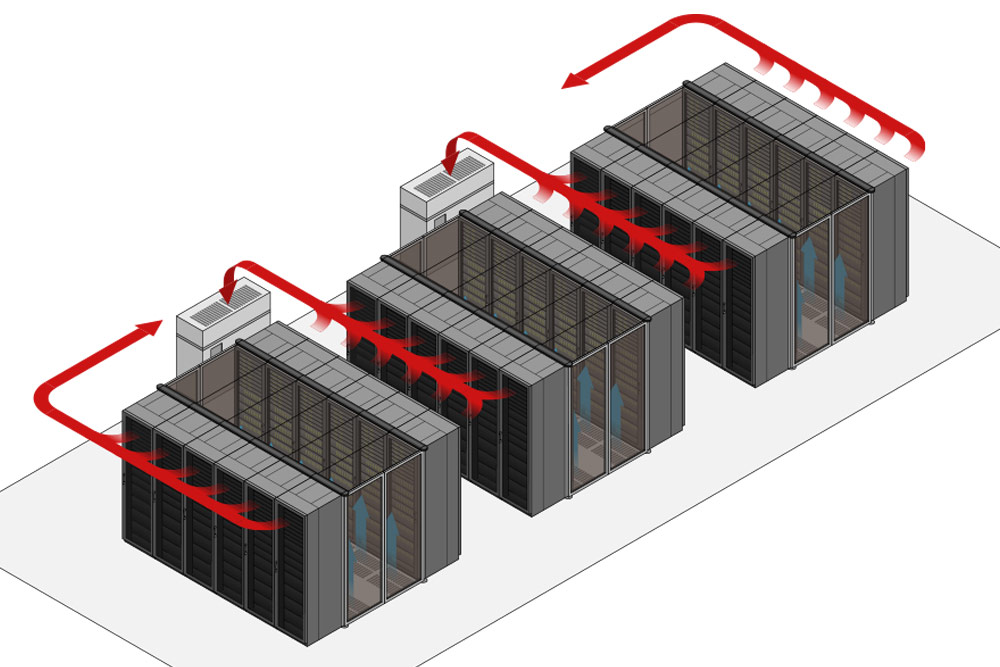Data breaches. The worst thing that can happen to a business. As with any major catastrophic event that can hit a company, a data breach also seem unlikely to happen. However, they do happen, and when they do, the results can be devastating. An incident can cost millions, and about 30% of smaller or medium-sized businesses can entirely forget to continue business as usual after experiencing one.
The total cost of a data breach incident in 2023 was 4.45M on average, according to a study conducted by IBM. But there has been a case with the highest price reaching over 10M. With weak security measures, recovering the initial state after an attack can take 277 days on average.
What these numbers indicate is that businesses need to pay careful attention and invest more in their security to shield themselves from the disastrous shockwave of a data breach incident.
Taking the vital steps in time can make the recovery period shorter or even save the life of a business. Read on to learn about the actual cost of a data breach in 2024 and the preventive steps to take to reduce the chances of suffering through an incident.
Healthcare organizations at the highest financial risk
According to IBM’s study conducted on the cost of a data breach in 2023, healthcare organizations in the US have significantly exceeded the worldwide average data breach cost. By reaching the highest numbers at 10.43 million dollars, healthcare got the highest score out of all the industries in the study. Healthcare is followed by the Financial industry (5.97 M), Pharmaceuticals (5.01 M), Technology (4.97 M), and Energy (4.72 M).

The most common types of successful data breach attacks
While there’s a large variety of methods used by cybercriminals for getting into the possession of sensitive data, some of them seem to continuously have a lot of success.
Phishing attacks continue to be one of the most significant vulnerabilities of any business.
Then, there’s compromised credentials, which is another powerful criminal method of getting into the posession of sensitive data. Ransomware attacks are still thriving. In fact, those remain the top biggest data breaches, pushing the cost of a data breach up to the average of $5.11M. Ransomware attacks are risky; they involve potential data loss, disruption, and, of course, ransom payment.
How much time it takes to curb a data breach incident
The financial consequences of being a victim of a data breach can be daunting. But the cost is just one thing. There’s also the time it takes to recover and get back to normal functioning. The average number of days from the time a company recognizes being the victim of a data breach until things get back to normal functioning is 277. In spite of the diverse technologies and strategies, this lifecycle has stayed more or less the same in the past years. That’s about nine months, including only the MTTI (Meantime to Identify) and the MTTC (Meantime to Contaiin), while the attack itself happens somewhat earlier.
The importance of a fast reaction
When calculating the cost of a data breach, the breach lifecycle plays an important role, adding or taking away from the total price tag at the end. The earlier a company is aware of the breach, the faster it can react and alleviate its impact. Knowing your attack surface can help with plugging the holes in your security in time, serving as a precautionary method. However, having an IR or Incident Reaction plan and following it through can reduce the data breach cost by more than a million. When the attack is already happening, every minute counts.

Steps to take for lowering the cost of a data breach
Falling victim to a data breach can’t be avoided entirely. However, taking action to prevent it from happening can reduce the cost of the breach by a surprising amount.
Preparing employees for the dangers lurking
Employees can become weaknesses in a company’s security. But only if they are not informed about the potential dangers and are not prepared to recognize and prevent catastrophes from happening. Human error can be an unintentional contributor to a data breach. As cybercrime tools and tactics become more sophisticated, even the most vigilant can fall into the traps. This is why regular security training is so important. Being aware of the potential threats and risks (like phishing emails and the like), employees have a better chance of avoiding those pitfalls. The average cost-saving threat-aware employees can bring in case of a data breach is $232,867.
DevSecOps
Adding a focus on security into DevOps has proven to be a highly efficient step in reducing the cost of a data breach in 2023. Security testing brought many benefits, including observability, traceability, confidence, and industry compliance. Businesses that chose to follow DevSecOps managed to save $1.68 M, as compared to other companies that didn’t adopt DevSecOps or did, but not in a sufficiently extensive manner.
Creating an IR plan
A significant saving of 1.49 M from the cost of a data breach seems to come from a well-developed Incident Response (IR) plan. An incident response plan prepares in advance the tools, training, procedures, and processes. So that when an incident occurs, your company can immediately take action when it most matters. Sticking to a previously prepared plan cuts the need for improvising, which can be inefficient and lead to further errors.
Hybrid cloud solutions
Most data breach incidents have been associated with the cloud environment. Achieving security through services that can bring visibility and protection across clouds has become increasingly important. The hybrid cloud environment, which coordinates private, on-premises cloud, and public cloud, has proven to be less costly from a data breach point of view. Moreover, the duration of recovery has also been shorter than in other cases when organizations relied only on private or public cloud solutions. On the other hand, protecting data across different environments is intricate. Companies need to ensure their data security by finding reliable and efficient security services.
AI and automation – the tools that can save your company money and reputation
According to the research, the use of AI and automation has proven to be the strategy that brings the highest cost savings in case of a data breach. Automation and artificial intelligence can help by detecting data access anomalies faster. This approach increases visibility, making it possible to mitigate risks more efficiently.
Know your risks and vulnerabilities to prepare for a data breach
Being able to identify your attack surface (aka knowing the possible points where an attacker can get into the system to steal data) is crucial to secure your company from paying the high cost of a data breach. Unstructured data can be a risk factor for companies, leaving the door open for intruders. However, this can be prevented by hunting down those weak points and taking measures to secure that data.
Attack Surface Management serves the task of identifying those weak points by looking at your company’s data from the attacker’s point of view. This method finds the leaky holes in your system. It develops a fortified defense strategy to erase those weaknesses from the attack surface. Having attack surface management reduced the data breach lifecycle down to 83 days.
Are you prepared for a data breach incident?
As threats are evolving in synchrony with technology, being prepared is essential to meet the challenges. While no one is 100% safe from attacks at all times, all companies benefit from a well-detailed business continuity and disaster recovery plan. An extensive data-breach reaction plan can save a company the daunting cost of a data breach as well as its reputation. Turning to Volico Data Center’s Managed Security Services could be the reliable solution your company is looking for.
Discover how Volico can help you with your Managed Security needs.
• Call: (305) 735-8098
• Chat with a member of our team to discuss which solution best fits your needs.











